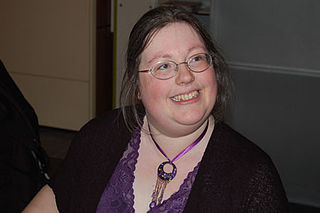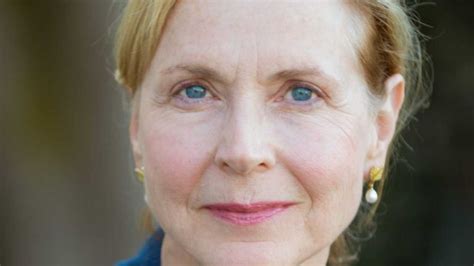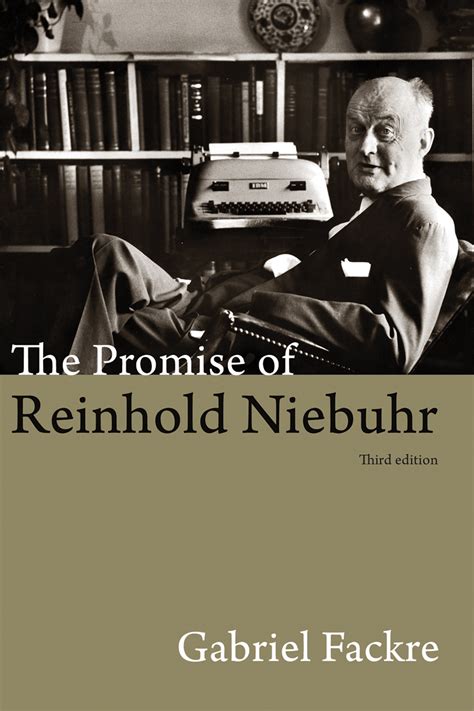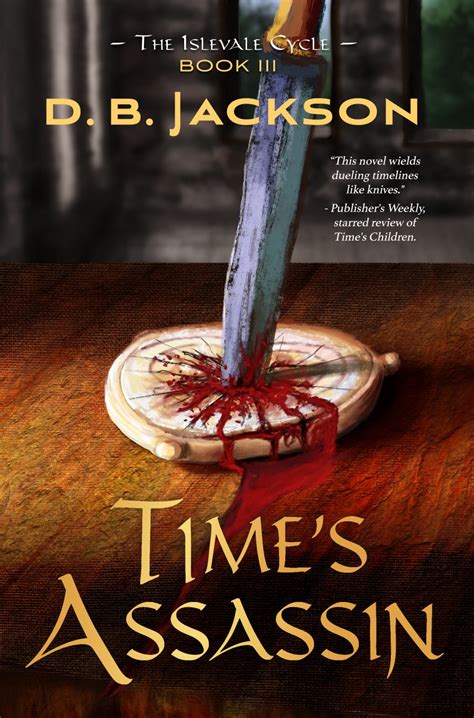A Quote by Deborah Harkness
I think you can learn a lot from primary sources. 'The Penguin Book of Witches,' which is edited by novelist Katherine Howe, is a wonderful compilation of primary sources about witchcraft.
Related Quotes
Most bloggers have no institutional credibility, and so they must build it, by linking transparently, and allowing you to easily double check their work. But more than anything, because linking sources is such an easy thing to do, and the motivations for avoiding links are so dubious, I've detected myself using a new rule of thumb: if you don't link to primary sources, I just don't trust you.
In the end, we learn about the most basic philosophical questions - like "How to live?" - from a broad mixture of sources, including literature and philosophy, history and anthropology. These sources can guide our reflections on our own experiences, as we explore and reconsider. Mann contributed to such explorations in a distinctive way, and I hope my book brings that out.
The real power of this book comes from its documentation from major sources. In fact, you will quickly discover that most of my documents about Jewish Supremacism are from Jewish sources. They argue more convincingly for my point of view than anything I could write. I encourage you to go to the sources that I quote and check them out for yourself. In this book I take you along with me on a fascinating journey of discovery in a forbidden subject. I urge you to courageously keep an open mind while you explore the topics ahead, for that is the only way any of us can find the truth.
I had a checklist in my mind of the things that make a biography practical. Is the source material centralized? Is it easy to find? Are there new primary sources that no one has ever had access to? Are all the sources in English? If they're not, are they in a language that you speak? And I realized that not only is Armstrong the most important figure of Jazz in the 20th Century, but he's a perfect subject for a biography for all of these reasons. I had always loved his music and I had been fascinated in him as a personality. And that's really the key to writing a biography.
A fact is a proposition of which the verification by an appeal to the primary sources of our knowledge or to experience is directand simple. A theory, on the other hand, if true, has all the characteristics of a fact except that its verification is possible only by indirect, remote, and difficult means.







































